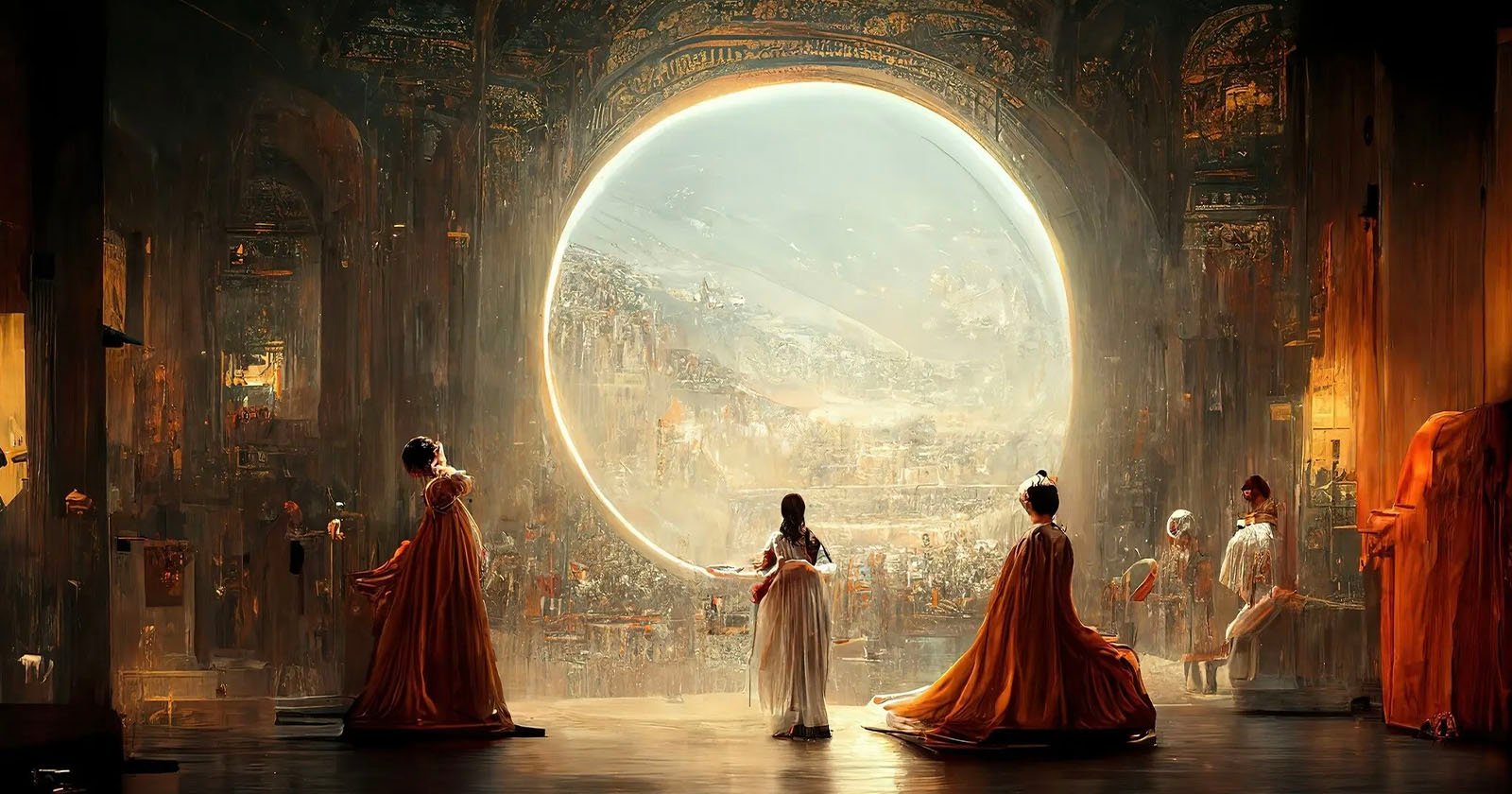An artist who infamously duped an art contest with an AI image is suing the U.S. Copyright Office over its refusal to register the image’s copyright.
In the lawsuit, Jason M. Allen asks a Colorado federal court to reverse the Copyright Office’s decision on his artwork Theatre D’opera Spatialbecause it was an expression of his creativity.
Reuters says the Copyright Office refused to comment on the case while Allen in a statement complains that the office’s decision “put me in a terrible position, with no recourse against others who are blatantly and repeatedly stealing my work.”



You just inadvertently explained why copyright doesn’t cover training. Thanks.
Copyright doesn’t cover the output of training. But AI companies are being sued over training input.
If you want to download a bunch of images from the Getty catalog, you need permission from Getty. If you don’t have their permission and download them anyway, you can be sued. It doesn’t even matter whether those images are used for training or some other commercial purpose unrelated to AI.
Depends on the training and the output.
Just like if you photographed the Mona Lisa in such a way as it recreated the piece as if it wasn’t a photograph, a model sufficiently trained that can reproduce the original training data, you have copyright issues.
Problem is that many models can do this, but it’s a mathematically improbable occurrence.
If I make a stamp that’s made of 1 billion exact copies of different copyrighted photos and cut it infinitesimally small, and mixed it up, the problem that it can produce the original work that it was made from still becomes a copyright issue.
You’d have to prove the opposite, in fact. That it’s mathematically impossible for your model to reproduce the copyrighted content for it not to be an issue